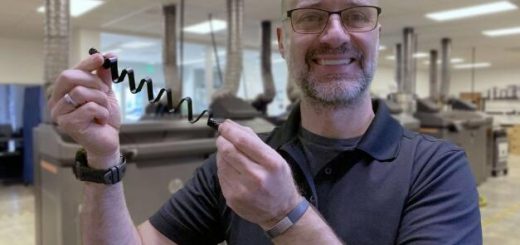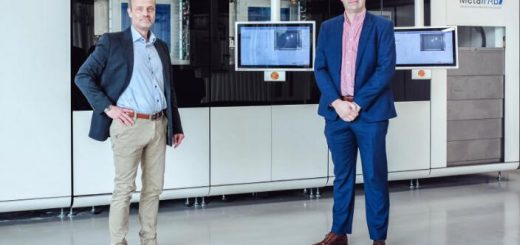GE Additive Education Program Awards Machines to Universities and Colleges in Germany, Ireland and the United States
Munich, Germany: GE Additive has concluded the 2018/19 cycle of its Additive Education Program (AEP) by announcing five universities in Europe and the United States that will each receive a Concept Laser Mlab 200R machine. The direct metal laser melting (DMLM) additive manufacturing systems, worth more than $1.25m in total, will be delivered in the first quarter of 2019.

– 500 proposals submitted for University & Colleges category in the 2018/19 cycle
– Program provides students and faculty practical hands-on time with additive technology
– Over past two years, 13 higher education institutes have been awarded Concept Laser machines
DMLM machines use lasers to melt layers of fine metal powder and create complex geometries with incredible precision directly from a CAD file.
More than 500 proposals were received in the University and College category from around the world. Following a thorough review, GE Additive selected five higher-education institutions for receipt of an Mlab 200R:
Coburg University of Applied Sciences and Arts, Germany
University of Limerick, Republic of Ireland
Calhoun Community College, Alabama, USA
University of Illinois at Urbana-Champaign, USA
West Virginia University, USA
GE Additive has made a significant financial commitment over five years to invest in educational programs to deliver polymer 3D printers to primary and secondary schools and metal 3D printers to colleges and universities around the world.
Now in its second year, the AEP has awarded polymer 3D printers and curriculum to more than 1,000 primary and secondary schools in 50 states and more than 30 countries and metal additive manufacturing systems to 13 colleges and universities worldwide.
“For additive to fulfill its potential, we need to attract as many engineers and materials scientists as possible to build their careers in our industry,” said Jason Oliver, President & CEO, GE Additive. “Getting machines onto campus and into the the hands of undergraduates, researchers and faculty members is a sure fire way of getting them as excited about additive as we are.”
More than 400,000 students worldwide will now have access to 3D printers thanks to the GE Additive Education Program.
Sources: GE




Recent Comments